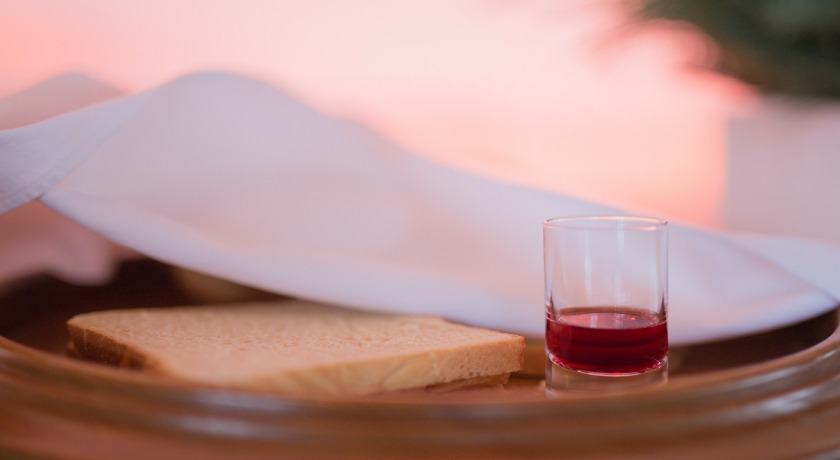 by Daniel Macaulay
by Daniel Macaulay
Thanks to the Revd Andrew Reed, a Congregational Minister, the Royal Hospital for Neuro-disability (RHN) has been transforming lives since 1854. Nearly 1.4m people with brain injuries are admitted into A&E every year and the RHN provides rehabilitation and long-term care for some of them.
Known as one of the great philanthropists of the 19th century, the minister established The Hospital for Incurables in Carshalton, Surrey in 1854. In 1863 the hospital found its permanent home – Melrose Hall, on West Hill, Putney and its name was changed to the Royal Hospital for Neuro-disability in 1995.
James Gemmell, a member of Woking United Reformed Church who has served as an RHN trustee for eight years, spoke about how important the hospital is to its patients.
“We have some people who are here with tracheostomies and unable to move,” he said. “We had a gentleman who had been at the hospital for 10 years. His wife came to see him every day, and he used eye gaze technology (a system that uses infra-red and a computer screen, and provided you can blink, you can look at the letters and the computer recognises the letters and dictates) and it took him 20 minutes to dictate, through flicking his eyes, to his wife: ‘I love you.’ I mean just extraordinary stuff.
“And there was another chap who was Polish and started dictating poetry, and a couple of years ago his poems were broadcasted on a BBC radio poetry programme, which was just extraordinary.”
RHN, which takes patients from all over the country, has more than 230 beds and about two thirds of its patients live at the hospital on a permanent basis. Others attend for specialist care or rehabilitation after a stroke, car accidents or other brain injuries.
It is one of just five hospital charities that the Revd Reed, who was also a hymn writer, established.

As an independent medical charity separate from the NHS, the RHN needs £3.4m annually. This provides additional services, including its chaplaincy, a music therapy service, and a wheelchair service, which fits patients with bespoke wheelchairs so that they can be more independent.
Jane Beaven, the RHN’s Director of Fundraising and Communications, said: “It is a challenge to run a 21st century hospital in this beautiful heritage building, but true to Andrew Reed’s ethos, we are facing up to that challenge by also fundraising to refurbish our wards to make them more comfortable and user-friendly for people with profound disabilities.“
You can support RHN here.
Top picture: The RHN and its grounds/RHN.
Bottom: A portrait of the Revd Andrew Reed from the Welsh Portrait Collection at the National Library of Wales/Wikimedia Commons
Published: 17 September 2019




